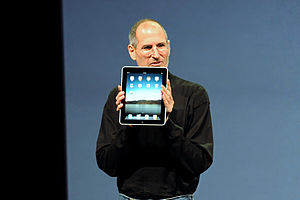Social networking is a matter of absorbing interest for more reasons than just a popular movie. Facebook currently boasts of 500 million users. It is credited, along with Twitter, with playing an instrumental role in the ongoing Arab revolt, while at the same time consistently being dogged by privacy concerns.
A recent speech by Columbia Law Professor Eben Moglen, covered in the New York Times, highlighted the real dangers of centralized control over networks and data upon which people depend not only for information but sometimes for their lives. Moglen observed, "Friends of ours, people seeking freedom, are going to get arrested, beaten, tortured, and eventually killed somewhere on earth because they're depending for their political survival in their movements for freedom on technology we know is built to sell them out." In Egypt, he pointed out, the Egyptian government was neither sufficiently ruthless nor sufficiently in control of the network to turn the protesters' reliance on Facebook and Twitter against them. But no revolutionary movement is safe if the confidentiality of their communications is entirely at the disposal of one corporate executive easily susceptible to government pressure.
The answer, Mr. Moglen posits, is federated not centralized computing, in which, in lieu of the massive central servers that drive Facebook and Google today, people are able to access the Internet with cheap, portable, individual servers on which their data is stored under their control.
As a step in that direction, a number of developers have launched federated social networking software. Two I have tried, One Social Web and Diaspora, are both still in their infancy. However, they have advanced to the point that with some ingenuity and persistence, it is possible to set up a personal server on your personal computer and exchange information with your friends. As yet, they are still a long way from the promise of cheap, secure, decentralized, private communication. But at least the promise is there.


![Reblog this post [with Zemanta]](http://img.zemanta.com/reblog_e.png?x-id=34399fe9-e55e-464b-9ccf-020fcb433b94)
![Reblog this post [with Zemanta]](http://img.zemanta.com/reblog_e.png?x-id=eedee42e-7fae-4ecb-b300-23b3ec6e73be)
![Reblog this post [with Zemanta]](http://img.zemanta.com/reblog_e.png?x-id=9bb91837-df97-44c6-a7fa-775900dff5f9)